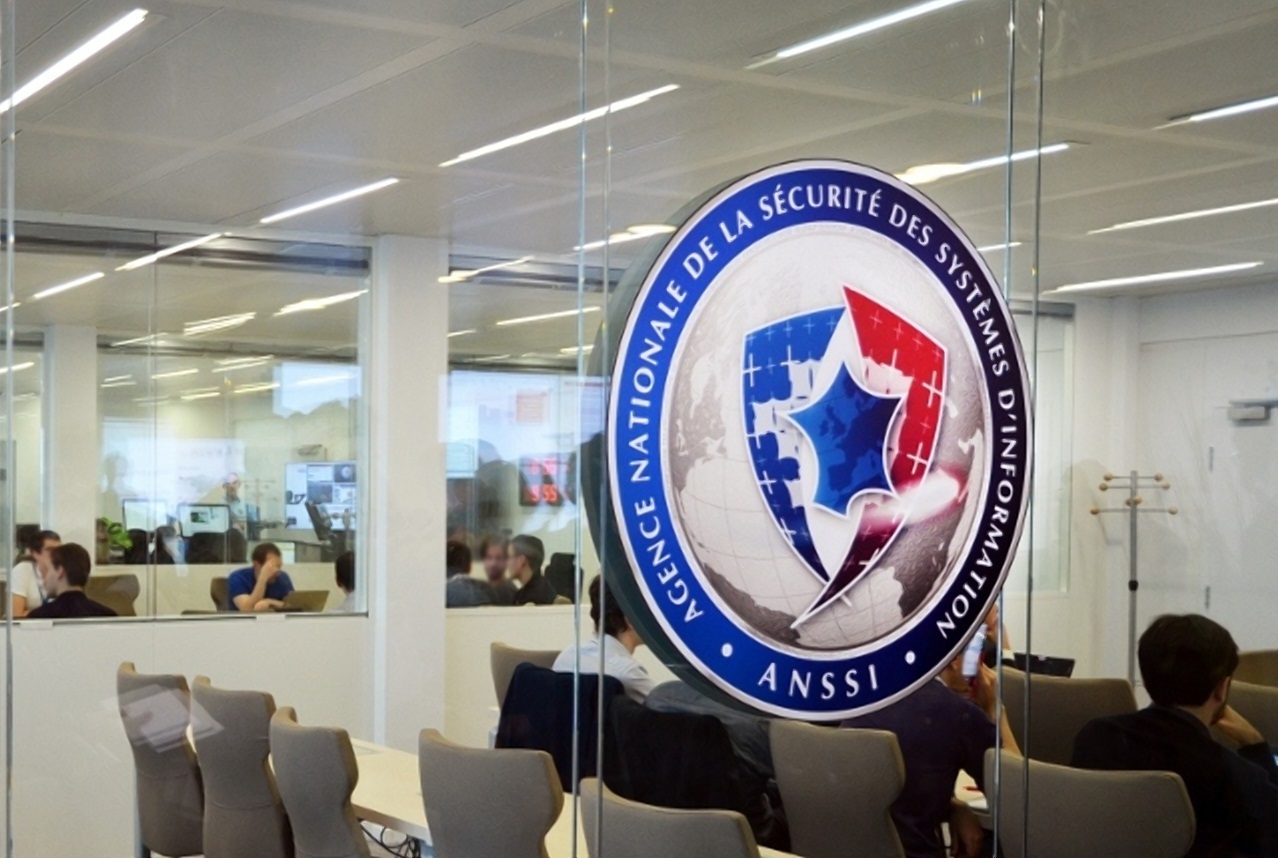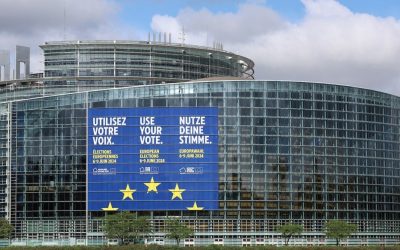European Observatory to Combat Radicalization – EOCR
The French academic paying a heavy price for probing the Muslim Brotherhood
spectator.co.uk – Loitering by the entrance, I clock a large gentleman with tattoos crawling up his neck from underneath his collar. It’s immediately obvious he’s not there for lunch: he is there on behalf of the French state to prevent an assassination. Specifically, the targeting of the academic I am meeting: Dr. Florence Bergeaud-Blackler, who’s been living under police protection for the last six weeks since the reaction to her book on the Muslim Brotherhood took a turn.The Muslim Brotherhood is perhaps the most significant Islamist organisation in the world. A political party founded against the backdrop of 20th century colonialism in Egypt, it arrived in the West via students and exiles fleeing repressive regimes in the Arab world. It is also obsessively secretive. So an anthropologist probing and writing about the group’s activities doesn’t go down well.
The rumblings began before the book was even published. When the book came out in January though, Bergeaud-Blackler, no stranger to sensitive subjects, could not have anticipated the response. The denunciations came thick and fast, some from Islamist sympathisers in the media and academic sphere, some from those who believed they were defending Muslims against a bigoted screed. The author’s conference at the Sorbonne was cancelled (since rescheduled) without a proper explanation. As the controversy grew, death threats arrived. In a tribute to his friend, Martin Amis once joked that if the Rushdie affair were the Amis affair, he would have soon become a drug-addled recluse (although put more poetically). Bergeaud-Blackler doesn’t strike me as the sort, but with this in mind I ask if she wasn’t tempted to abscond to a beach in Mexico and put all this behind her?
No. She is defiant, but the anthropologist is most obviously dismayed when describing how some other academics implied the death threats were fabricated or exaggerated to promote the book. The death threats were very real, and they were credible – and not just because she inhabits a post-Samuel Paty France. Besides, I very much doubt la république would provide the big bloke outside to help book sales. Bergeaud-Blackler has found a sympathetic hearing in parts of the media, allowing her to come out swinging. To date, she insists she has not received a genuine rebuttal of her work. Instead, she says, the reaction has consisted of accusations of Islamophobia, and of promoting conspiracy theories, alongside denunciations of her character and motive. Some has been all these things, but with the veneer of academic critique.
Among the more hysterical accusations against Bergeaud-Blackler’s study, are those that have compared it to The Protocols of the Elders of Zion, the forged plans for Jewish global domination designed to stir up antisemitic sentiment. The parallel is over the top but useful for opponents to make. The Muslim Brotherhood is an organisation that seeks to gradually transform state and society into its vision of an Islamic one. ‘Islam is the solution,’ is its most famous slogan.Perhaps the most influential Brotherhood ideologue until his recent death, Yusuf al-Qaradawi, outlined a comprehensive plan of priorities for the movement. But, all too often, the organisation can be opaque. One formerly prominent UK-based member left because of its excessive secrecy: ‘We are not selling opium,’ he complained, ‘we are propagating dawa (conveying the message of Islam to non-Muslims.)’
Is there a relationship between the Brotherhood and terrorism, specifically the jihadist kind, I ask Bergeaud-Blackler. It’s a question that has been doing the rounds in European policy circles since the early 2000s: ‘They are really embarrassed by the jihadists,’ she almost laughs back. I note this is less of a moral objection than a strategic one: jihadists bring bad press. On the other hand, she believes that the Brothers’ political narratives and grievances inadvertently contribute to radicalisation. I clumsily point out that while Bergeaud-Blackler the academic must strive for objectivity, Bergeaud-Blackler the person makes no secret of her opposition to the Brotherhood and Islamist politics.‘I don’t oppose them as a human being, I oppose them as a democrat, as a scientist,’ she fires back, ‘in a theocracy, science as we know it can no longer be practiced. So, I must oppose them.’
It strikes me that the idea of the Muslim Brotherhood installing a theocracy any time soon is ludicrous, something all too absent from analysis over the years. It’s easy to be spooked by the group’s grand plans, something that has led to some quarters vastly overstating their influence and conflating ordinary Muslims with the ambitions of a small cohort of political activists. But it also occurs to me that they don’t actually need to be successful. It is in merely trying to implement this utopian vision that the damage may be done.If an academic must face a campaign of denunciations and even death threats for investigating Islamism in Europe, then the next academic, or journalist, will never pick up their pen. As we get up to leave and the police officers I never spotted emerge, it’s clear that both science and democratic freedoms can come under threat, long before any hint of a theocracy.




